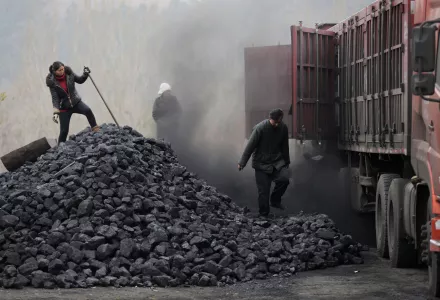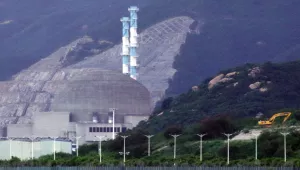
Abstract
The global coal transition is already underway: countries are shifting to lower-carbon energy sources. However, this shift may cause myriad economic and social challenges in coal-dependent regions; early plant retirements will create stranded assets, and economic transformation will generate unemployment and potential social instability. China's coal sector is the largest source of carbon emissions in the world. Despite the country's central role in the global coal transition, its just transition policies and strategies are not well understood. We compile a database of relevant Chinese policies and interview key stakeholders to comprehensively review the country's just transition policy priorities and instruments and compare them to a framework of just transition best practices based on international experience. We find that the Chinese government at various levels has introduced a series of policy strategies and tools to address the economic and social challenges caused by the coal transition, especially those related to workforce development, environmental reclamation, and economic transformation. The majority of resources, however, have been distributed to coal-related businesses rather than coal workers and communities. This prioritization of resources toward capital over labor may constrain the ability of coal workers and communities to undertake a just transition away from coal.
Gong, Weila and Joanna Lewis. “The Politics of China's Just Transition and the Shift Away from Coal.” Energy Research & Social Science, September 2024
The full text of this publication is available via Energy Research & Social Science.






